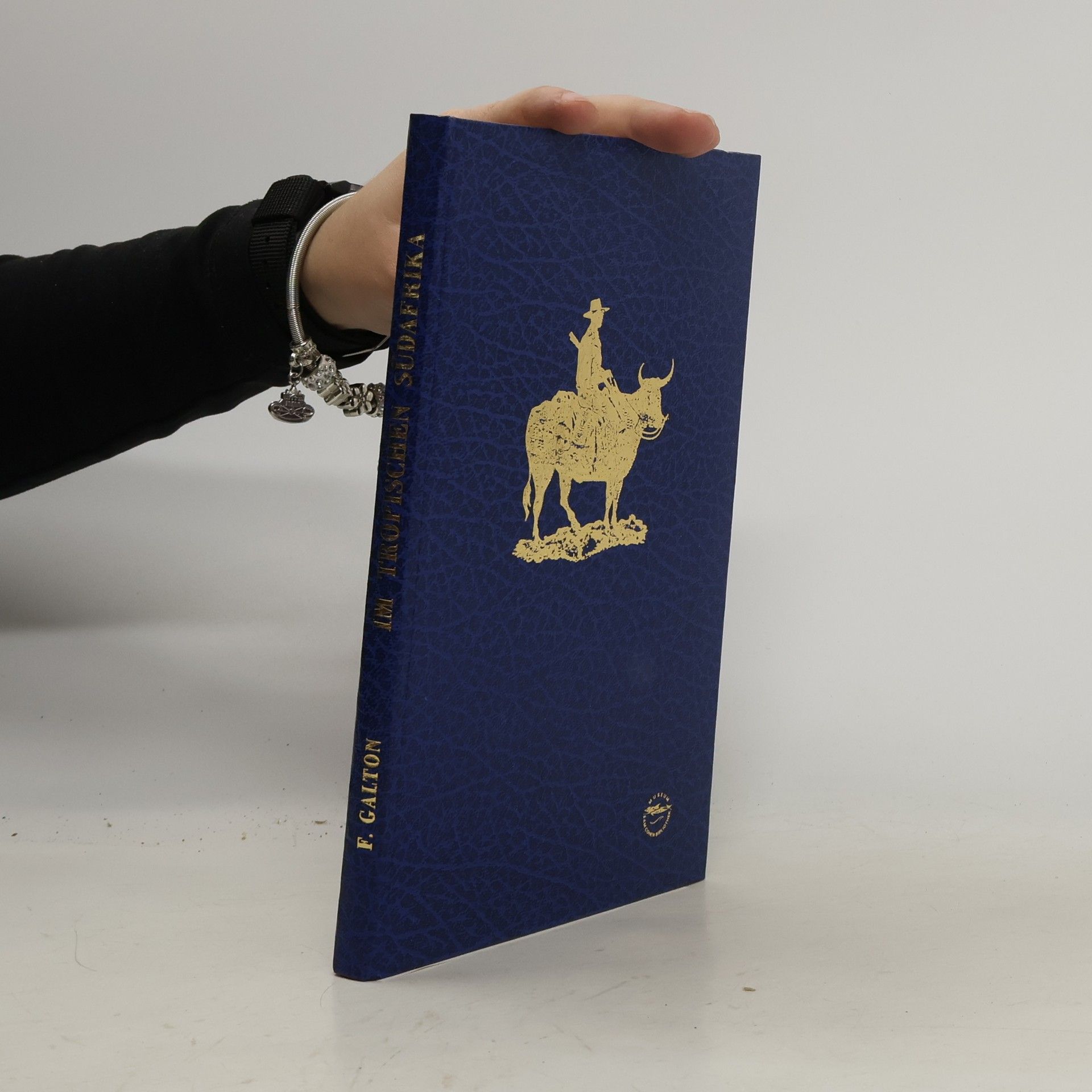Exploring the concept of travel, this book delves into the various methods and strategies for navigating wild and remote areas. It offers practical advice and insights into the challenges faced by travelers in unfamiliar terrains. The narrative combines personal anecdotes with broader reflections on the nature of exploration and adventure, emphasizing the ingenuity required to adapt to diverse environments. Readers will find a blend of travel philosophy and practical tips that illuminate the art of discovering new places.
Francis Galton Livres
Sir Francis Galton fut un polymathe victorien pionnier dont le travail couvrit de l'anthropologie à la météorologie, en passant par la statistique. Il révolutionna l'étude des différences humaines et de l'intelligence en appliquant des méthodes statistiques, introduisant des concepts fondamentaux tels que la corrélation et la régression vers la moyenne. Galton inventa également les termes 'eugénisme' et 'nature contre culture' ('nature versus nurture'), influençant profondément les discussions sur l'hérédité et le potentiel humain. Ses recherches innovantes s'étendirent à la psychométrie, la science de la mesure mentale, et même à la science forensique avec son système de classification des empreintes digitales.




Focusing on the influential figures in science, the work explores their backgrounds, including antecedents, environment, education, and hereditary traits. It provides valuable insights into the Victorian mindset, making it a significant resource for both historians and scientists seeking to understand the interplay between personal history and scientific achievement.
The book delves into the life and contributions of Sir Francis Galton, a prominent figure of the Victorian era known for his diverse expertise in fields such as statistics, psychology, and anthropology. It highlights his groundbreaking work in developing statistical concepts like correlation and regression, as well as his innovative use of surveys for data collection. Galton's influence extended to eugenics, a term he coined, and the ongoing debate of "nature versus nurture," making him a pivotal figure in the study of human differences and intelligence.